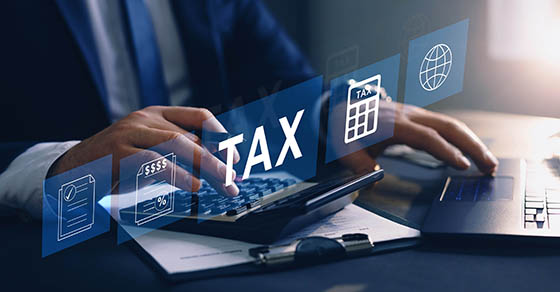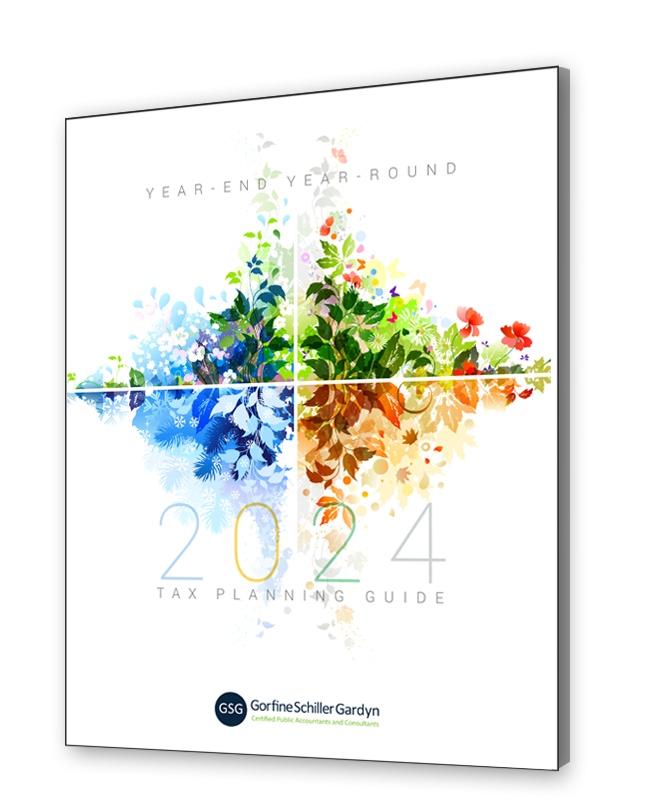Does your business file 10 or more information returns with the IRS? If so, you must now file them electronically. This is a significant rule change that went into effect on January 1, 2024, for 2023 tax year.
The threshold for electronically filing most of these has dropped from 250 to 10. Before the new rule, only businesses filing 250 or more were required to do so electronically. Notably, the 250-return threshold was applied separately to each type. Now, businesses must e-file returns if the combined total of all the information return types filed is 10 or more.
Final regulations on the new rule were issued February 21, 2023, by the U.S. Department of the Treasury and the IRS.
Affected information returns
The IRS reports that it receives nearly 4 billion information returns each year. And by 2028, the agency predicts it will receive over 5 billion per year.
The final regs state that the new e-filing requirements will be imposed on those taxpayers “required to file certain returns, including partnership returns, corporate income tax returns, unrelated business income tax returns, withholding tax returns, certain information returns, registration statements, disclosure statements, notifications, actuarial reports, and certain excise tax returns.”
Here are just some of the forms involved:
- Forms 1099 issued to report independent contractor income, interest and dividend income, retirement plan distributions, prizes and other payments,
- Form W-2 issued to report employee wages,
- Form 1098 issued to report mortgage interest paid for the year, and
- Form 8300 issued to report cash payments over $10,000 received in a trade or business.
Note: January 31 is the deadline for submitting to the government W-2 wage statements, 1099-NEC forms for independent contractors and other forms. You can find an IRS guide to information returns and when they’re due here.
Penalties and exceptions
The IRS may impose penalties on companies that are required to e-file information returns but instead file them on paper. Filers who would suffer an undue hardship if they had to file electronically can request a waiver from the e-filing requirement by filing Form 8508 with the IRS. You are welcome to contact us for more guidance on your filing obligations.
Newsletter Sign Up
Tax Planning Guide
Recent Blog Posts










